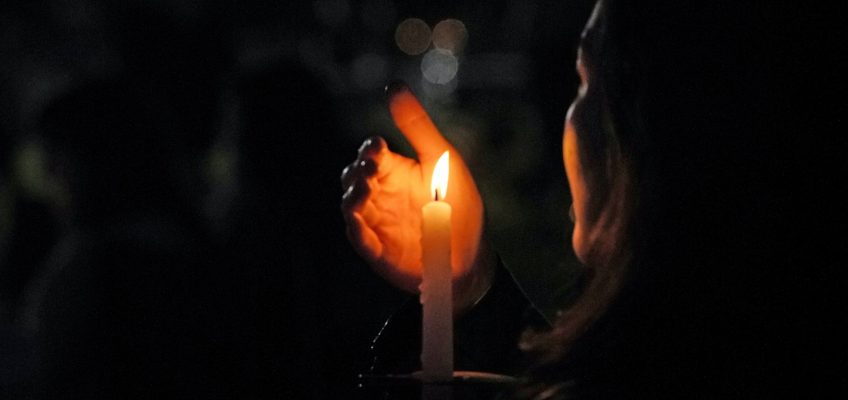The time to begin planning Triduum is right after Triduum. That’s right — after. Begin with an evaluation of the Triduum just celebrated. Ideally, you would evaluate the entire Triduum, but parishes new to year-long Triduum planning may only have energy for evaluating the Easter Vigil. In any case, always start your evaluation with the Vigil and work backwards.
The central concern of the evaluation is always, “How is our parish different because of the way we celebrated the Triduum?”
And the next concern is, “What do we have to do in the coming year so our celebration of next year’s Triduum will convert us more deeply to the Gospel of Christ?”
Building a stronger community
Let me give you an example of a community that could perhaps have become stronger by asking questions like these. Back before the fall of the iron curtain, an East German immigrant found his way to a parish I belonged to. He had never felt free to express his faith in East Germany and, even though his parents had been Catholic, he had never been baptized. He became a catechumen, which, at that time, was still a fairly new process in the church.
I met him a couple of times during his catechumenate, and he was an interesting young man with good looks and a quick sense of humor. He told stories about growing up under Communist oppression and how his parents had struggled to pass on their faith to him. Everyone who got to know him was deeply impressed with his struggle and his determination to be baptized.
“What do we have to do in the coming year so our celebration of next year’s Triduum will convert us more deeply to the Gospel of Christ?” Share on XWhen Easter Vigil came, all of us who had even the slightest contact with him felt proud that this young man was going to be baptized into the church and especially into our church, our parish. It was a wonderful Vigil and a powerful celebration of the Paschal mystery.
And we never saw him again after that night. I don’t know if he joined another parish or moved out of town or just quit coming to church. I don’t know if someone from the parish tried to contact him. I know that he touched our parish, or at least some of us in the parish, and it was sad to realize he wasn’t coming back. If I knew then what I know now, I would have tried to ask the kinds of questions I’m suggesting.
- How was our parish different that year because of that young man’s presence in our community?
- How were we changed?
- And what would we have to do in the coming year to become the kind of community a neophyte would want to stay in?
These are the kinds of questions I would like to have asked in order to “evaluate” our Triduum that year.
Thinking beyond music and environment
Note, these are significantly different than questions that might ask how people liked the music or the environment. These are faith-based questions that orient the parish toward mission and conversion to the mystery of Christ.
We start planning for the next Triduum as soon as possible after we have celebrated that last Triduum. And our planning is guided by conversion-centered questions that will lead our parish to deeper faith and more active mission.
In a future post, we’ll look at how to activate our Triduum plan throughout the liturgical year.
See also these related articles:
- Our entire being
- Called to engage
- The Creed enlightens our vision
- In line with Christ
- Christ our compass
- You are witnesses
- Bulletin Shorts for the Twenty-Fifth Sunday in Ordinary Time
- The four dangers of weak liturgy
- We will need courage for parishes of the future
- Liturgical principles to guide your planning



Leave a Reply